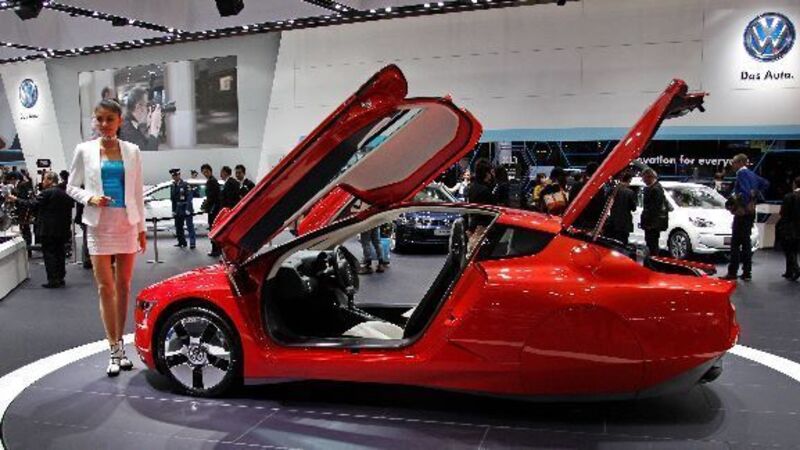Eco-friendly cars drive interest at Tokyo show

Toyota, a pioneer of hybrid vehicles, rolled out its fuel cell vehicle (FCV) concept car, a four-seater with an extended range of 500kms (310 miles) and whose cells can be recharged in three minutes through hydrogen stored inside. The car, expected to go on commercial sale in about two years, seeks to jump key hurdles that have hindered consumer buying, such as limited range and refuelling infrastructure.
High prices and restricted model choices have also hurt demand, but purchases of low-emission vehicles are forecast to grow due to increasingly strict emissions standards.














